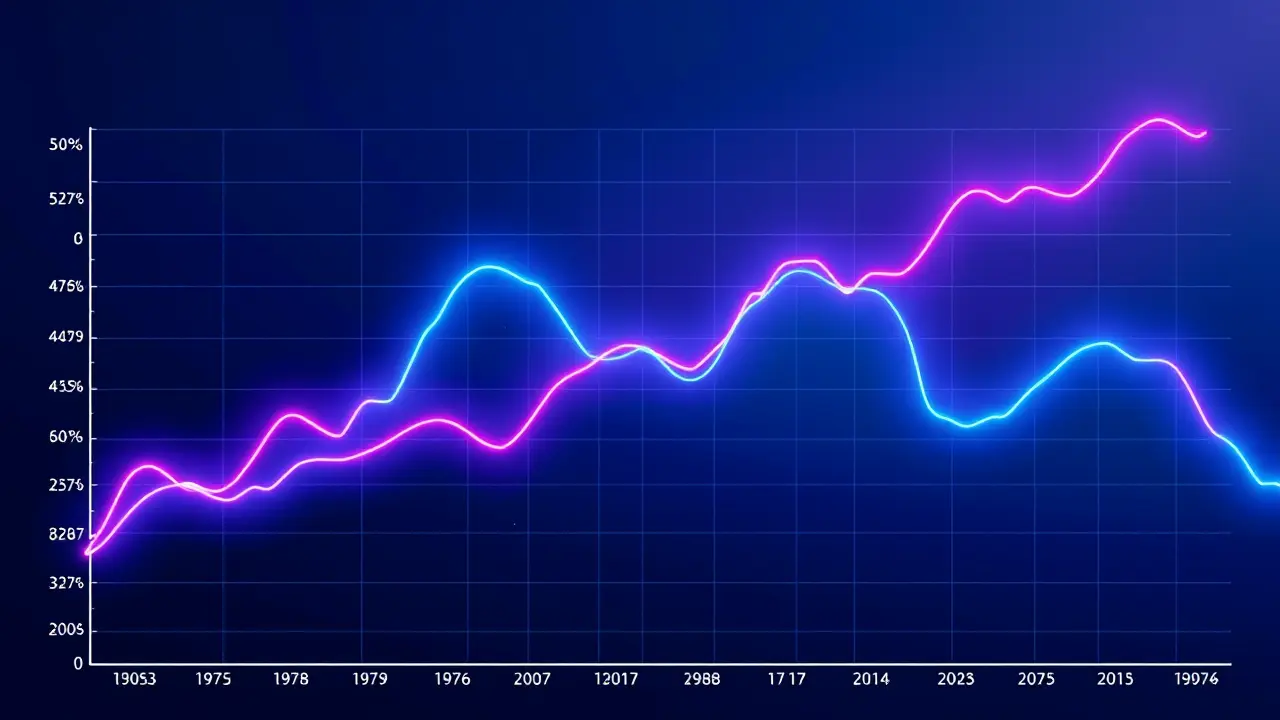
FinancestocksTech Stocks
US Software Firm SAS Exits China, Lays Off Staff.
OL
Oliver Scott
3 days ago7 min read
The abrupt withdrawal of US analytics giant SAS Institute from mainland China, culminating in the dismissal of its entire local workforce via a terse email and a perfunctory video call this past Thursday, represents far more than a simple corporate retrenchment; it is a stark signal flare illuminating the escalating convergence of intense domestic competition and deepening geopolitical fissures that are fundamentally reshaping the operational landscape for foreign technology firms in the People's Republic. For over two decades, SAS had been a stalwart presence, a specialist in sophisticated analytics software that once found fertile ground in China's burgeoning data-driven sectors, but the environment has undergone a seismic shift.The rise of homegrown tech behemoths like Alibaba Cloud and Tencent, which offer deeply integrated, cost-competitive, and politically favored alternatives, has systematically eroded the market share of Western incumbents. This commercial pressure cooker is now supercharged by the relentless grind of US-China geopolitical tensions, where technology has become the primary battlefield, forcing companies into an impossible triangulation between market access, regulatory compliance with US export controls and entity lists, and navigating the opaque, often politically charged, demands of Chinese cybersecurity and data sovereignty laws.The company's cited reason of 'organisational optimisation' is a corporate euphemism that barely conceals the brutal calculus of risk management in a market where the rules can change overnight with a single party directive. This exit follows a worrying pattern of Western tech firms recalibrating their China exposure—from LinkedIn scaling back its social features to the quiet departures of various cloud services—painting a picture of a sector in strategic retreat.The immediate consequence is a talented, specialized workforce cast adrift, but the long-term implications are profound: a further decoupling of tech ecosystems, a hardening of digital borders, and a clear message that in the new Cold War for technological supremacy, even a two-decade investment is no longer a guarantee against being caught in the crossfire. For risk analysts, this is a textbook case of political risk materializing, a scenario where market fundamentals are ultimately secondary to state-level antagonism, forcing a once-confident player to cut its losses and retreat from a frontier that has suddenly become a frontline.
#US-China relations
#corporate exit
#layoffs
#tech sector
#market competition
#editorial picks news
Stay Informed. Act Smarter.
Get weekly highlights, major headlines, and expert insights — then put your knowledge to work in our live prediction markets.
Related News
Comments
It’s quiet here...Start the conversation by leaving the first comment.
© 2025 Outpoll Service LTD. All rights reserved.














